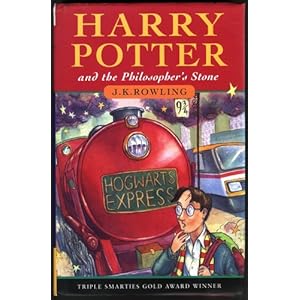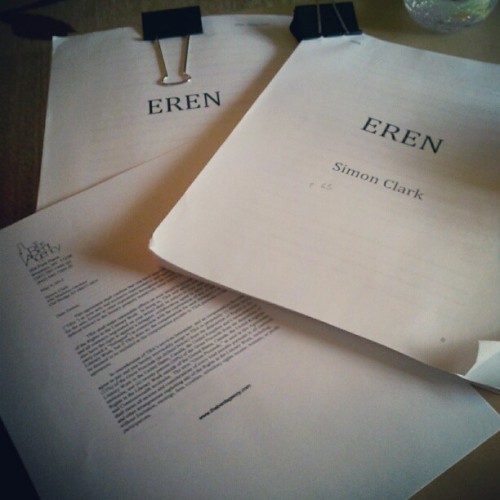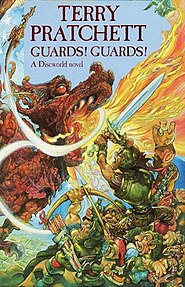And so I have a
literary agent. Being able to write that sentence is phenomenal. It’s taken me
thirteen years to do it – although I admit I started quite young, and gave
myself a head start. But still, thirteen years from that first letter I sent to
an agent, to now, contract signed, done and dusted. I’m an author.
It’s taken me
thousands of other sentences written over weeks and months and years to come to
that; I’m an author. It’s almost surreal.
So this is my agent
story – not covering thirteen years, but instead just the last two.
 |
| Lots of work and lots of words |
The original idea for
EREN came years ago, scribbled down in a notebook I still have somewhere in
England. A few scenes, a rough idea of a creature in an attic, and nothing more
than that. The story fizzled and died, but there was something there, some part
of the story that stayed with me. In the meantime I wrote a couple of novels,
got a degree, moved to Japan, and met a girl.
Life happened. The
girl (my fianceé, then wife, as it happens) told me about NaNoWriMo – National
Novel Writing Month. Every November you get together with other writers and try
to bang out 50,000 words. In 2009 I wrote a novel called The Gentlemen
Travellers. In 2010, I decided to revisit EREN.
Everything had to
change, it turns out, for the story to work. Setting, voice, gender – the lot.
But once I’d worked that out, I started writing. A year later (so, not a
NaNoWriMo winner, then) I had a book, and sent it out to an agent.
Surprisingly, she asked for the full. I was still in Japan then, and planning a
wedding and move to the States, so times were busy – especially after the March
11 earthquake changed so many things -
but I sent it off and waited.
Waiting takes time.
It was August when I heard back. Eight months. It was a no, but with some great
insights and tips, which I was happy enough to get. I sent off the revised book
to an agent in the UK. Waiting happened. Life happened. I heard back – another
no, but with more suggestions. I knew it was good that agents were remembering
the book, and offering editorial input, but clearly there was work to do still.
I rewrote and revised
more, and selected another ten or so agents, some British, some American, and
sent off the queries. I heard back from one British agent almost straight away
– a full request. Clearly my query was working now. I heard back from another
agent – a full request. Exciting times.
13th March,
2012. While helping to run a panel discussion in NYC for work, I got two
e-mails to my phone. The first agent was passing – again, more suggestions,
more thoughts on the weak points, and an invitation to submit it in the future
if I gave it an ‘overhaul.’ The second e-mail was shorter. Could she phone me
to discuss the book?
You’ll find a lot of
talk of writers boards about The Call (yes, with that capitalisation), when an
agent offers you representation and your true career begins. But this didn’t
feel like it to me. I was sensing that the book was decent, but flawed. But I
was excited. Agents don’t call you up for nothing – she was already investing
at least something in me. We agreed a time.
It’s a strange
experience having someone praise your work whose opinion you really trust. She
was a professional agent, and she had great things to say. And yes, she had
some serious reservations. We spoke for maybe twenty minutes, half an hour, and
she asked me if I’d be willing to work on a redraft if she sent me notes. I was
over the moon. We hung up, and I sat down to appreciate what an opportunity
this could be.
That evening the notes
came through – some astute observations on specific points, some structural
problems, some questions about red herrings and inconsistencies I hadn’t
intended. I agreed to the rewrite, and away we went.
With an agent’s kind
words to spur me on, I finally showed the book to my wife and in-laws. I needed
objective criticism from someone who’d never read it before. My wife and
sisters especially were amazing – they agreed with the agent, for one thing,
but they pushed me on every little point that confused them. Why this word?
This phrasing was awful. Why was she wearing ear muffs in summer? I’d got this
story wrong. I’d misspelled this word. There was a typo on page 102…
I rewrote and added
scenes and clarified points and changed the structure. Their corrections and
questions never annoyed me. With so much at stake my pride could take the odd
hit.
I spent a month on
revisions – which is a short time. R&R requests often leave you with an
open ended invitation. But with a trip to England coming up I felt the timing
worked out, and I was happy with the new book. It felt solid and improved. I
felt there was a chance – still small, far off, just a dot on the horizon –
that I could land an agent. You have to remember the thirteen years bit
to get my state of mind.
I sent it back again,
on April 15th – which is the start of the London Book Fair (the
busiest time for agents in Britain) – a week after the agent moved house
(gaining a backlog of queries) - just as
she’d got not one, but two manuscripts from her clients to review (time consuming
work). She e-mailed me back, letting me know I would hear in a couple of weeks,
and so the final wait began.
You can probably
imagine how I spent the two weeks. I was clear from the start not to let my
imagination run wild. I would not contact the agent before she contacted me and
I would not get my hopes up. On that point I had to be firm. There was no
commitment here on either side, and agents take on startlingly few clients a
year, from thousands of submissions. The odds are bad even if your writing is
good.
Instead I focussed on
social media, and building my life as a writer, and my next book. When the
first interest had come I’d started this blog and my Twitter account, to show
any potential investors that I was serious and committed – that I considered
writing my job just as much as anything else.
I kept an eye on the
agent’s Twitter feed, of course. We tweeted a couple of times, just jokes and
comments. She was busy. I was getting ready for a flight to London and forcing
myself not to think about it.
I travelled to England
with family, and then back to the US. Jetlag hit, and a sluggish return to
work.
Then the reply came,
the day after we got back. Could we talk on the phone? 4 o’clock was agreed. I
spent the day feverishly ignoring the passing of time and Being Busy. We took
the dog to the vet and I played honkytonk Phantom of the Opera on an old piano.
The agent phoned -
Molly Ker Hawn, of The Bent Agency – and, well, offered representation. She was
fantastic. She said nice things about the book and gave me room to think and
wait. She mentioned a few publishers she was thinking of, and a few small edits
to make. It was surreal suddenly having an agent. My agent. All I can say is –
it was worth the wait.
 |
| A happy Simon signing the contract, being told to stop laughing so much by Patient Wife |












